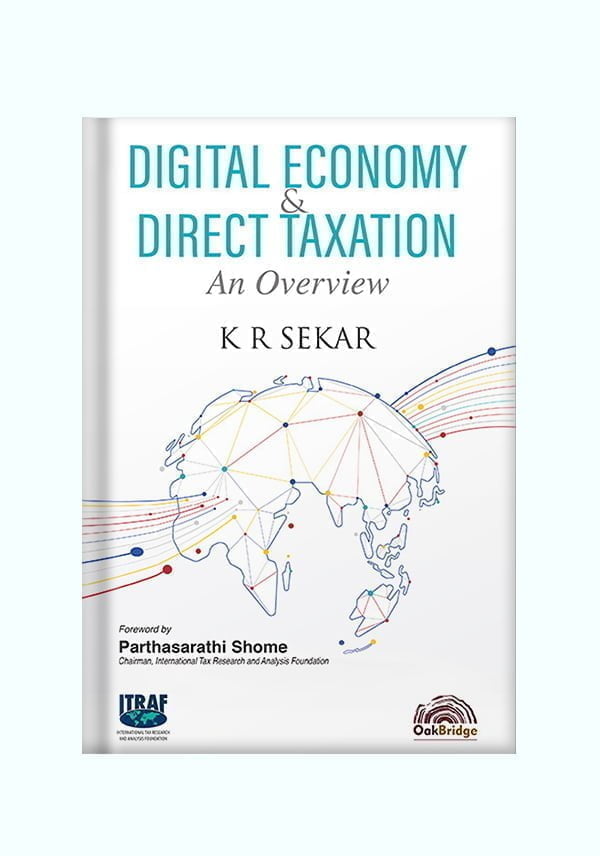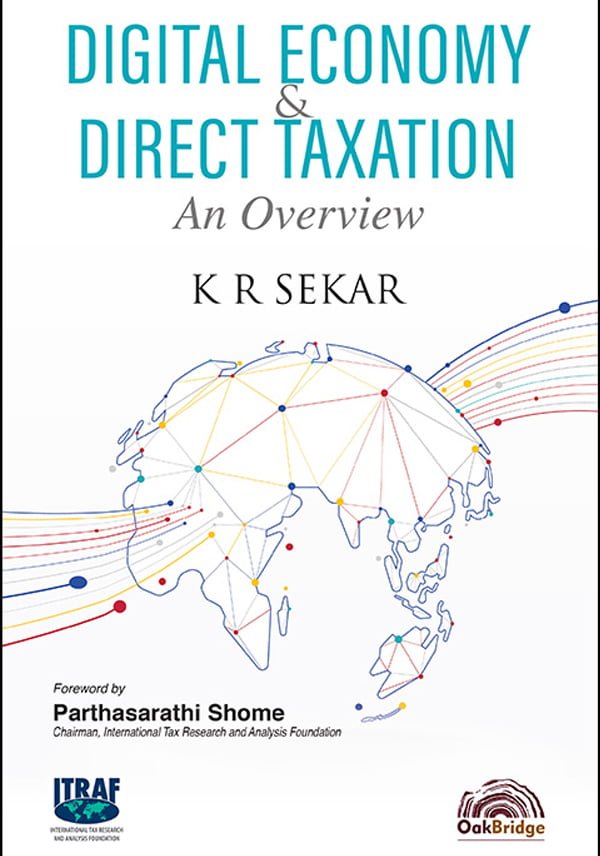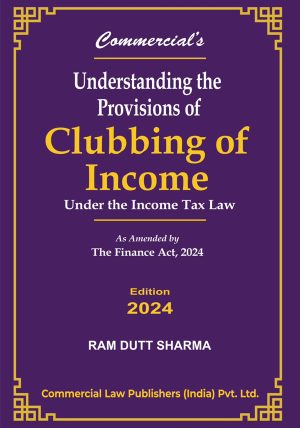About Digital Economy & Direct Taxation – An Overview
Digital Economy & Direct Taxation – An Overview traces the evolution of new business models based on digital technologies and discusses the associated taxation challenges. The emergence of the digital economy comprising digital goods and services, virtual currencies including blockchains and bitcoins, and digitalization of traditional business models has necessitated that the conventional principles of taxation are redesigned and newer approaches are adopted. The book identifies various direct tax issues that are being faced globally including the identification of ‘significant economic presence’, the need for nexus-based permanent establishment, and attribution of profits and collection of taxes. With varying and at times competing domestic and international priorities, the role of OECD becomes crucial in bringing about a consensus-based solution to address the challenges of taxing the digital economy. In this context, the book discusses the Unified Approach proposed by the OECD. The author also examines in detail the Equalisation Levy introduced by India in 2016 on digital transactions, and its implementation through the years along with the recent expansion of its scope in 2020. Precedential developments are covered in the book through a selection of Indian and International Rulings where tenuous questions relating to taxation of digital economy have been delved into. The book is intended to serve as a summary and analysis of the challenges faced in implementation of the proposals relating to taxation of digital economy.















Reviews
There are no reviews yet.